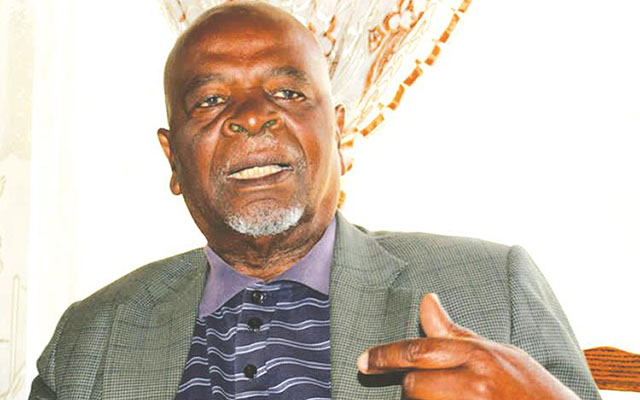Poverty and SDGs for children
Runyararo Muhwati Correspondent
The sun finally set on the United Nations Millennium Development Goals (MDGs) 2000-2015, ushering in the Sustainable Development Goals (SDGs) for another 15 years. While Zimbabwe has made progress in meeting the MDGs including reducing the proportion of people living in extreme poverty by more than half in 2012, too many people are still struggling to meet basic human needs, suggesting the country inherited an unfinished development agenda for our children.
Eradicating poverty remains at the forefront of the Zimbabwean Government’s overall policy objective, as articulated in the Zimbabwe Agenda for Sustainable Socio-Economic Transformation (Zim-Asset), which prioritises poverty eradication through the attainment of economic growth.
This provides a robust platform to implement and achieve the SDGs, yet the economic challenges abound.
The 2030 Agenda for Sustainable Development adopted the 17 SDGs with 169 associated targets in July 2015, at the United Nations Summit in New York.
The SDGs are an important global concept that attempts to solve the world’s problems in ending poverty whilst protecting the planet. These problems start with a growing world population of about 7,2 billion, a world divided by great inequality (with 1 percent of the richest people owning as much wealth as the remaining 99 percent), crippling poverty and unprecedented environmental challenges.
The SDGs are calling on all nations to pursue a holistic strategy that combines economic development, social inclusion, and environmental sustainability to eradicate poverty, reduce inequality and make growth inclusive. These must be underpinned by good governance and peace.
Poverty reduction is the premise for sustainable development.
Poverty is a multifaceted complex phenomenon which comprises of socio-economic and political elements ranging from lack of access to productive resources, physical goods and services and income; resulting in individual and or group deprivation, vulnerability and powerlessness.
Poverty manifests itself in various ways, including hunger, malnutrition, ill health, access to education, health care, safe housing, water, sanitation and decent paid work.
Poverty reduction involves targeting the most vulnerable children, increasing access to basic services, and supporting communities affected by conflict and climate-related disasters. (2010, Centre for Global Development)
Zimbabwe’s population has almost doubled in 30 years, from 7,5 million in 1982 to 13,1 million in 2012.
How do we find our way to shared prosperity in light of this growing population, high inequality, constrained economic growth averaging 1 percent per annum, climate change, unpredictable agricultural seasons, high decent unemployment, low industry utilisation capacity, constrained fiscal space that allocates about 4 percent to social programmes?
Will Zimbabwe be able to reduce the number of people living in poverty by 36 percent by 2030?
Pursuing these goals in silos will lead to economic growth that is not inclusive and not respectful of planetary boundaries. The growing population and threatening environmental dangers connected could upend the process of economic development.
If economic growth is not perceived to be fair, we will see more instability and unrest. Therefore, by understanding the interconnection between the dimensions of Sustainable Development, we can really frame Sustainable Development pathways as a key tool for problem solving.
The rights and special needs of children are often placed below other priorities at all levels (national, sectoral, community and household), which leads to lost opportunities in terms of human and economic development. Child rights, their well-being and the challenge of balancing childcare and work responsibilities are too often seen as marginal issues, in development debates and practice. Therefore, the central role of childhood in shaping individual capabilities, and the importance of stability and economic progress for families to a country’s development remains overlooked.
The concept of prosperity needs to be redefined to become more meaningful and less materialistic than the current status quo. Given the complexity of the development process, achieving genuinely inclusive growth requires a range of policy reforms, some of which are politically difficult and costly to implement. Thus they require both commitment and cooperation. These include game-changing structural and governance reforms that address the unresponsiveness of critical institutions, weaknesses in human capital, embracing innovation, reclusive business environment and weak financial systems, among others.
It can no longer be business as usual, let’s take a reality check and be bold and serious enough to make the tough choices we have to make for a shared and meaningful prosperity for all. The solutions are a responsibility for all of us. All hands on deck! All the different sectors and actors need to work together in an integrated manner through pooling financial resources, knowledge and expertise.
Runyararo Muhwati, Social Policy and Research Programme Assistant at UNICEF








Comments